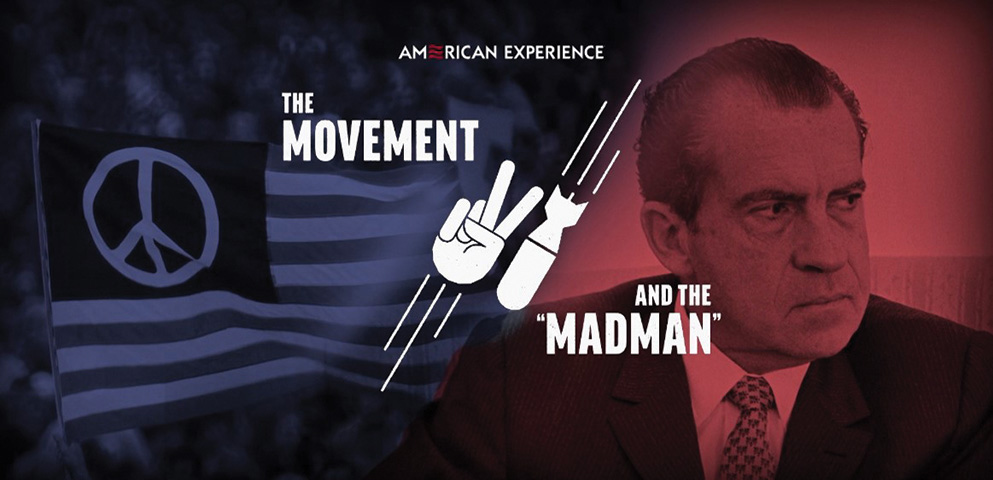Robert Levering was uniquely qualified to serve as the executive producer of The Movement and the ‘Madman’, a recently released documentary centered on the anti-war protests of 1969.
After all, he was there.
Levering, an FCNL General Committee member based in California, was one of the staff members behind the Nov. 15, 1969, demonstration against the Vietnam War. More than half a million protesters took to the streets of Washington, D.C., calling for an end to the war. It was one of the largest anti-war protests in U.S. history.
In Levering’s eyes, the protest had been neglected in portrayals of Vietnam War-era activism. “There have been films about the anti-war movement within the American military. And there have been some really good films about the Vietnam War itself,” said Levering. “But there just wasn’t a lot of storytelling about the more mainstream anti-war movement that millions of Americans were involved with.”
Now, thanks in part to Levering, that has changed. The Movement and the ‘Madman’ premiered as a special presentation of the American Experience PBS series on March 28. It explores how the massive protests in late 1969 caused President Richard Nixon to cancel plans for a massive escalation of the U.S. war in Vietnam—including threats to use nuclear weapons.
The impact of the protests has remained largely unknown, even to those who attended them. Levering himself had not understood their influence until he spoke with Daniel Ellsberg, the famous anti-war activist behind the Pentagon Papers. “I heard him say more than once that the demonstrations in ’69 had a big impact on Nixon,” Levering said. “I thought, ‘Well, that’s interesting, but is it true?’ And after doing more research, I realized it could be a really good story to tell.”
For Levering, it was also a chance to return to his past. He was a full-time organizer against the Vietnam War from 1967 to 1973, working part of that time with the American Friends Service Committee. Levering, a Quaker himself, played a vital role in planning and preparing for the Nov. 15, 1969, rally. He views Quakerism as a core aspect of both his advocacy then and his storytelling now.
“Quakers were deeply involved in the anti-war movement,” said Levering. “From draft counseling to local vigils to FCNL’s lobbying, they were everywhere. And Quakers are featured in the film.”
In addition to his commitment to peace, Levering also suspects that Quakerism influenced his work process on the documentary. “In telling this story, it was very important to have the Quaker value of integrity. I do not know if it is journalism or Quakerism, but I thought it was important to talk to everyone involved,” he said.
That commitment to exploring every angle of the 1969 protests led to some surprising moments. At one point in the documentary, for instance, Henry Kissinger’s aide, Anthony Lake, revealed that he had wished that he could join the demonstration.
More broadly, Levering hopes that the documentary will resonate with advocates today. “The film is extraordinarily clear on this point. You will not always know the impact of your actions at the time. You may not think you are having an effect, but you are. Much more than you can imagine. It is ultimately a real message of hope.”

